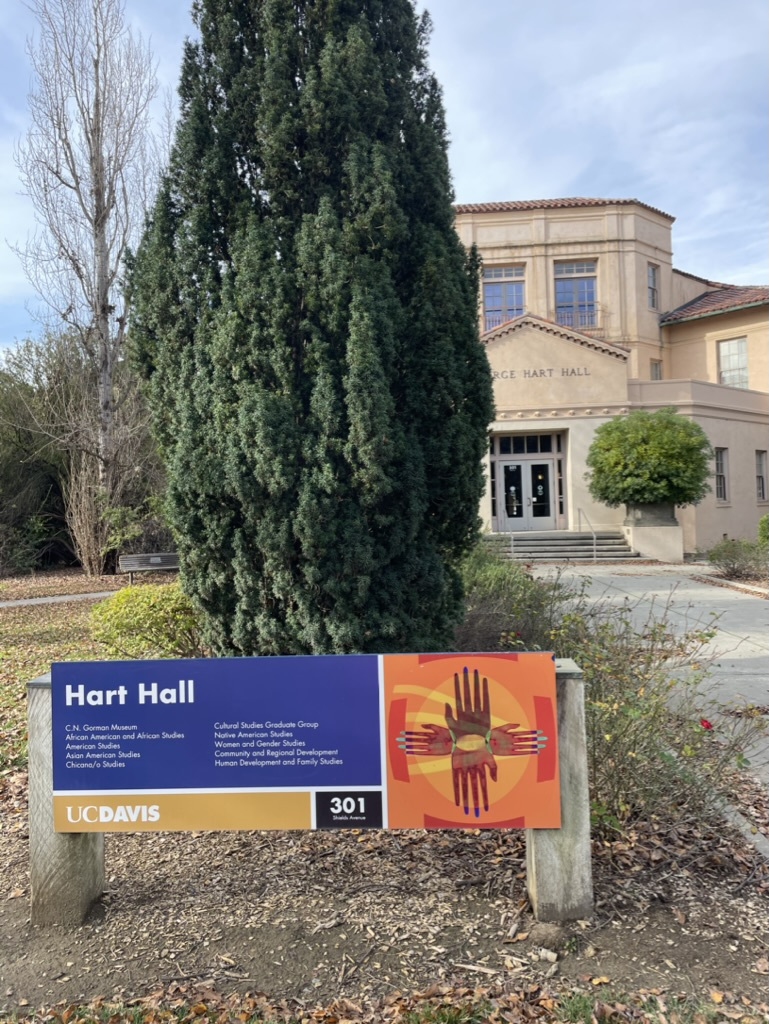California unveils the nation’s pioneering Southeast Asian Studies Model, an initiative across the state that offers K-12 educators a chance to teach the rich history and accomplishments of the masked “model minority” group of Hmong, Vietnamese and Cambodian Americans.
This new “people-focused” curriculum seeks to address the long-standing gap in American education by exploring the cultural resilience, struggles, and accomplishments of Southeast Asian Americans, often overshadowed by a focus on war and genocide. The curriculum is not just about historical storytelling, but about exploring the connections between US foreign policy, cultural displacements, and the journey of Southeast Asians in reestablishing their lives in the United States.
The migration of these people began in the 1970s after the end of Khmer Rouge regime, the Vietnam War and the US “Secret War” in Laos, resulting in refugee migration from Vietnam, Cambodia and Laos to the United States. This marked the largest resettlement of refugees in American history, with many surviving in poverty-stricken areas with minimal support.
These communities continue to face systemic challenges to this day, including lower educational attainment, especially in STEM fields, housing instability and low homeownership rates, and higher poverty rates. Hmong, Vietnamese, Filipino, Laotian, and Cambodian Americans all fall under the broad category of Asian, however with significantly varying levels of educational attainment compared to other groups such as Chinese, Korean, Indian and Japanese Americans.
Southeast Asian Americans are recorded to have faced more hate, abuse and threats than any other Asian groups, even though the wave of anti-Asian hate from Covid has subsided recently. Grounded in the historical trauma faced by Southeast Asian communities, the curriculum aims to address their contemporary underrepresentation in mainstream American education. This initiative follows the passage of Assembly Bill 167 in 2021, which mandates the inclusion of these vital narratives.
The curriculum also touches on the socioeconomic disparities within the Asian community, with alarming rate of poverty rate of 17% for Hmong Americans, the worst across all racial groups, and nearly 1 in 5 for Cambodian Americans below the poverty line (Pew Research Center).
The project also includes a comprehensive database of lesson plans on the cultural legacy and contributions of the Asian American diaspora to the American society. The curriculum was developed with feedback from Hmong, Vietnamese and Cambodian American voices, originally sought by Orange County Department of Education (OCDE) as the foundation of its research in developing this curriculum.

This is especially meaningful for scholars and activists as it addresses the erasure and neglect of their communities' refugee history in US history, striving to foster an inclusive and more accurate representation of their histories.
Educators learn not just about the past but also to nurture empathy and understanding for communities whose histories have frequently been misunderstood. Refugees from Vietnam, Cambodia, and Laos each have distinct cultures, languages, and contexts, with certain influences from France and India. For instance, Hmong lessons will cover teachings such as the clan system, Hmong family values, musical instruments, New Year, and rituals as well as the U.S. migration. An estimated of 36,000 Hmong American students are currently enrolled in California’s public schools.
California’s example is setting a broader stage for reckoning with the legacies of war and resilience of refuges population for collective growth and healing. This initiative honors the contributions and struggles of marginalized groups, while paving the way for a more just and equitable future.
Prash Bajracharya is a former Young Professional at the East West Center in Washington. She is currently pursuing her master's degree at McCourt School of Public Policy, Georgetown University and specializes in International Development & Sustainability in Asia and the Middle East.